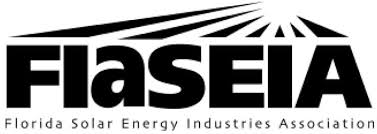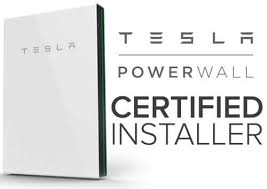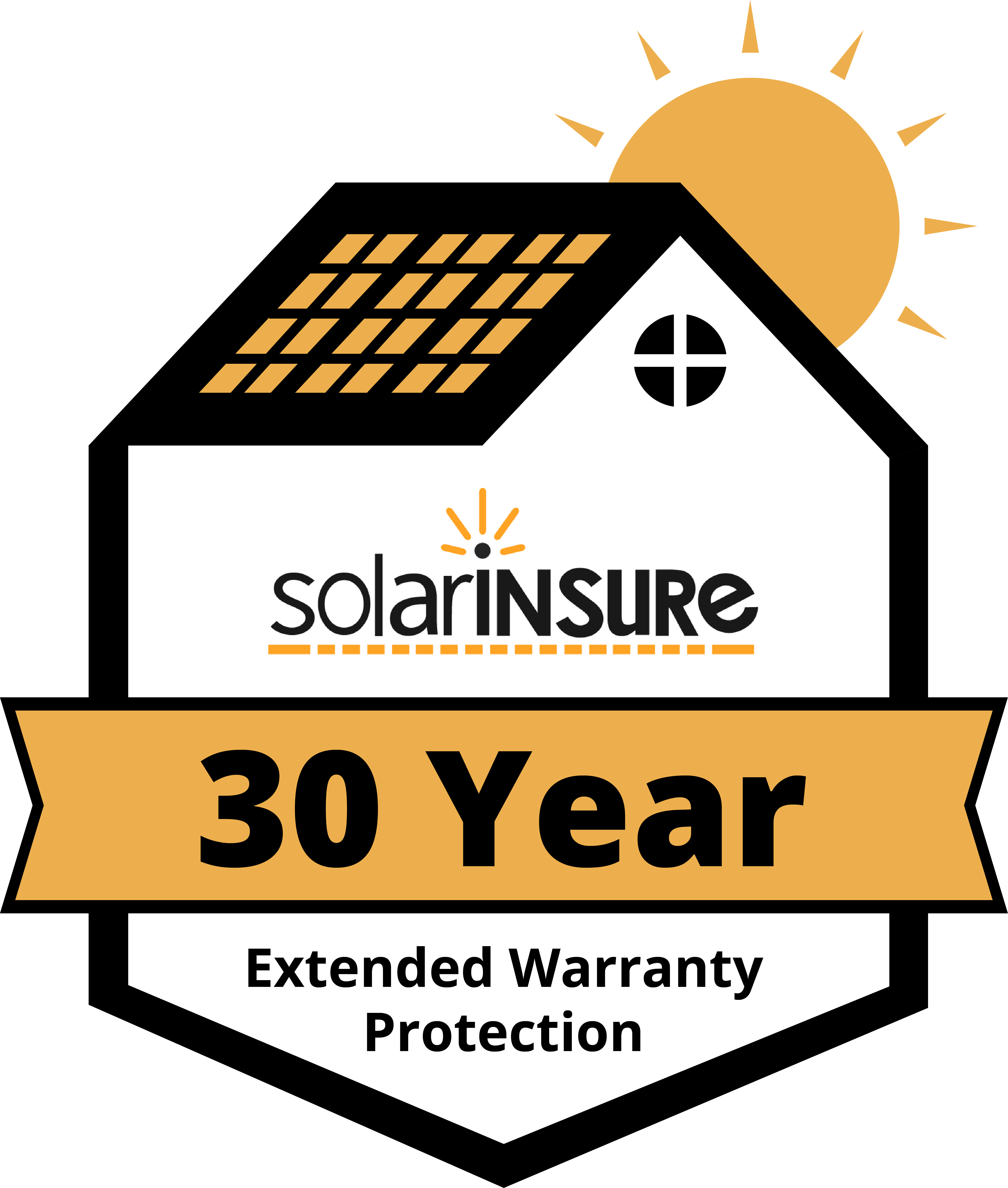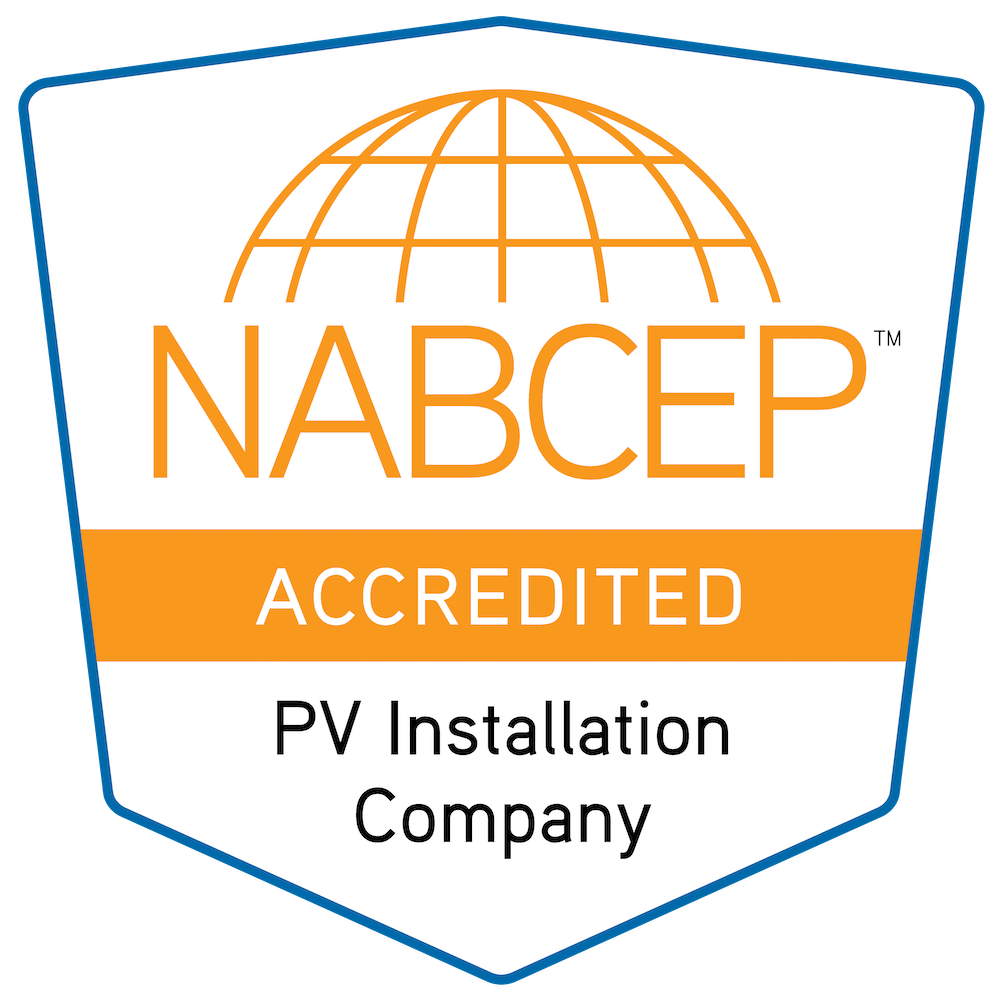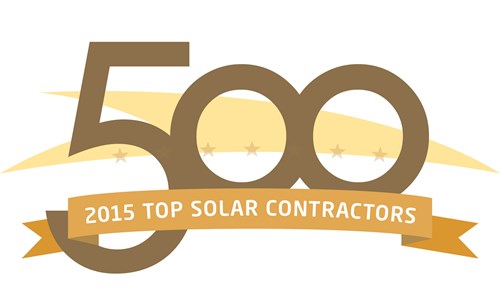Solar Power World helps prospective customers choose a quality solar contractor
 It’s no secret that solar-powered systems have seen a rise in installations in the past decade, and for good reason. Solar installations help reduce energy costs, increase home value, and are cost-effective. The problem that homeowners are facing when it comes to solar installations is finding the right solar contractor. With so much growth in the industry, solar contractors are fighting to offer the lowest price. Unfortunately, with a lower price comes lower quality work and unsatisfied customers.
It’s no secret that solar-powered systems have seen a rise in installations in the past decade, and for good reason. Solar installations help reduce energy costs, increase home value, and are cost-effective. The problem that homeowners are facing when it comes to solar installations is finding the right solar contractor. With so much growth in the industry, solar contractors are fighting to offer the lowest price. Unfortunately, with a lower price comes lower quality work and unsatisfied customers.
Ideally, a successful transaction includes a quality installment, a happy customer, and a fair profit for the company. It’s up to customers to find the right solar contractor for their home or business. Though the price of the system should be a factor in your decision-making process, it shouldn’t be the only factor.
Here are 10 tips to help you find the right solar contractor for the job.
- Verify that the company is a licensed solar contractor.
Florida, Georgia, and South Carolina residents, visit the state’s contractor verification website to find companies that have the necessary insurance policies and business licenses. This assures that they’re appropriately insured for the areas in which they operate. - Check for any complaints made against the company.
Check with the Contractor Licensing Board for any complaints lodged against the company. The Contractor Licensing Board provides all the information you need to find properly licensed professionals and allows you to verify a contractor’s license. - Verify proof of current workers’ compensation and general liability insurances.
Be sure to have the company verify its workers’ compensation and general liability insurances. This way you’ll know whether or not the company has business insurance, which makes it liable for any injuries, damages, or substandard work. - Verify that the company has workers that are NABCEP PV installer-certified.
The NABCEP is a national credential ensuring the contractor’s expertise in solar photovoltaic (PV) system installations. This certification provides a measure of protection for you by determining the ability of the practitioners. - Check SolarReviews and other online review sites.
Checking for online reviews about a business is one of the best ways to gain insight into past customer experiences. SolarReviews lets you search for specific company names and compare reviews. Google, Yelp, and Facebook are also great places to find helpful reviews. We’re proud to have earned a 4.8 star rating on SolarReviews.com, based on 127 customer reviews so far! - Request and call at least three past customers for reference, including both current and from several years back.
Once again, hearing about a customer’s past experience is a great way to learn more about the company. Although reading online reviews is helpful, having actual conversations allows you to ask more questions and get clearer information. - Find out if the company outsources its installations.
Ask the contractor if the company outsources installations, and if they do, to whom? Be sure to get proof of insurance from any subcontractors performing work for you. - Find out if the solar contracting company has received any awards locally, regionally, or nationally.
If a company has received awards for its outstanding service, this increases its credibility and recognizes the company’s dedication to the work. We’re proud of the many awards we’ve received over the years. - Visit the company’s office to assess the facility and quality of the staff.
Paying a visit to the company’s office is a great way to see firsthand how employees run things. This gives you an opportunity to speak with staff members and see if their service is right for you. - Ask about financing options available, including leases and PACE.
Make sure to speak with the company about a financing option that would work best for both parties involved. Ask the contractor about PACE (Property Assessed Clean Energy), an effective way to finance renewable energy, energy efficiency, and water conservation upgrades.


